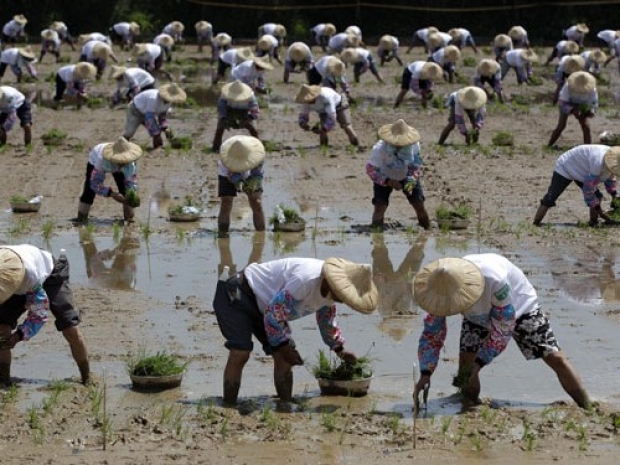The authorities have shut off the water to the countries farms to keep the big gizmo factories running. While compensating growers for the lost income, there are fears that the thwarted harvest will drive customers to seek out other suppliers, which could mean years of depressed earnings.
Officials are calling the drought Taiwan's worst in more than half a century. It exposes the enormous challenges involved in hosting the island's semiconductor industry, which is an increasingly indispensable node in the global supply chains for smartphones, cars and other keystones of modern life.
Chipmakers use lots of water to clean their factories and wafers. And with worldwide semiconductor supplies already strained by surging demand for electronics, the added uncertainty about Taiwan's water supply is not likely to ease concerns about the tech world's reliance on the island and on one chip maker in particular:.
TSMC does not appear to have been hit by the drought and says that it will invest $100 billion over the next three years to increase capacity, which will likely further strengthen its commanding presence in the market.
Taiwan's rainfall is becoming no more predictable even as its tech industry grows, the island has to go to greater and greater lengths to keep the water flowing. In recent months, the government has flown planes and burned chemicals to seed the clouds above reservoirs.
It has built a seawater desalination plant in Hsinchu, home to TSMC's headquarters, and a pipeline connecting the city with the rainier north. It has ordered industries to cut use.
In some places, it has reduced water pressure and begun shutting off supplies for two days each week. Some companies, including TSMC, have hauled in truckloads of water from other areas.




